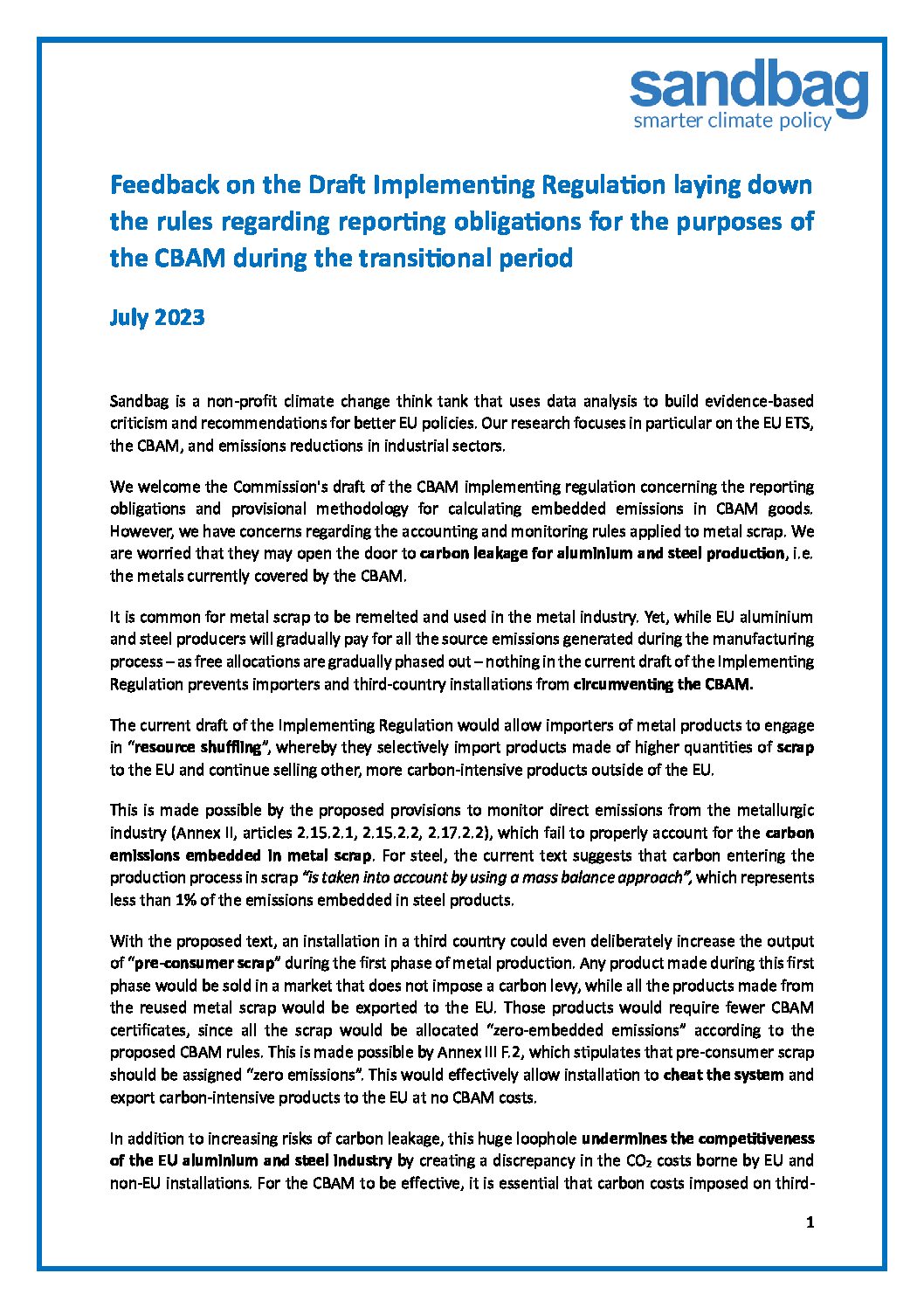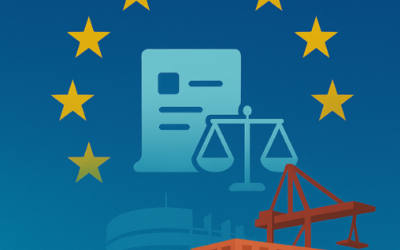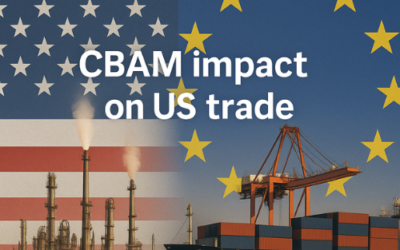Feedback on the Draft of the CBAM Implementing Regulation
We welcome the Commission’s draft of the CBAM implementing regulation concerning the reporting obligations and provisional methodology for calculating embedded emissions in CBAM goods. However, we have concerns regarding the accounting and monitoring rules applied to metal scrap. We are worried that they may open the door to carbon leakage for aluminium and steel production, i.e. the metals currently covered by the CBAM.
It is common for metal scrap to be remelted and used in the metal industry. Yet, while EU aluminium and steel producers will gradually pay for all the source emissions generated during the manufacturing process – as free allocations are gradually phased out – nothing in the current draft of the Implementing Regulation prevents importers and third-country installations from circumventing the CBAM.
The current draft of the Implementing Regulation would allow importers of metal products to engage in “resource shuffling”, whereby they selectively import products made of higher quantities of scrap to the EU and continue selling other, more carbon-intensive products outside of the EU.
This is made possible by the proposed provisions to monitor direct emissions from the metallurgic industry (Annex II, articles 2.15.2.1, 2.15.2.2, 2.17.2.2), which fail to properly account for the carbon emissions embedded in metal scrap. For steel, the current text suggests that carbon entering the production process in scrap “is taken into account by using a mass balance approach”, which represents less than 1% of the emissions embedded in steel products.
With the proposed text, an installation in a third country could even deliberately increase the output of “pre-consumer scrap” during the first phase of metal production. Any product made during this first phase would be sold in a market that does not impose a carbon levy, while all the products made from the reused metal scrap would be exported to the EU. Those products would require fewer CBAM certificates, since all the scrap would be allocated “zero-embedded emissions” according to the proposed CBAM rules. This is made possible by Annex III F.2, which stipulates that pre-consumer scrap should be assigned “zero emissions”. This would effectively allow installation to cheat the system and export carbon-intensive products to the EU at no CBAM costs.
In addition to increasing risks of carbon leakage, this huge loophole undermines the competitiveness of the EU aluminium and steel industry by creating a discrepancy in the CO2 costs borne by EU and non-EU installations. For the CBAM to be effective, it is essential that carbon costs imposed on third-country imports align with those charged by the EU ETS on domestic production. Failing to do so would threaten the level playing field principle extended by the CBAM vis-à-vis the compliance costs faced by domestic installations under the EU ETS.
Download our feedback to learn more and read our recommended amendments.
Quoted in:
- Ramos, D. (2023). Global perspectives on the European Union’s Carbon Border Adjustment Mechanism (CBAM). Trade and Industrial Policy Strategies. (here)
Photo by Matthew Henry on Unsplash
Read More:
Sandbag’s Response to the CBAM Calls for Evidence
Sandbag has submitted responses to the EU’s CBAM calls for evidence, addressing emissions reporting, adjustment for free allocation, and carbon prices paid abroad. We highlight risks such as loopholes and unequal treatment, and propose practical solutions to strengthen CBAM’s effectiveness and fairness.
CBAM impact on US trade: an analysis
Sandbag’s September 2025 research note explores the impact of the EU’s CBAM on US exports. It finds that even with expanded scope, the financial impact remains marginal, and US carbon pricing could turn net costs negative.
The EU CBAM: A Two-Way Street to Climate Integrity?
Supported by the Konrad-Adenauer-Stiftung, Sandbag’s report examines the impact of the EU’s Carbon Border Adjustment Mechanism (CBAM) and the gradual removal of free allowances on third-country exporters. The joint implementation is expected to raise production costs for both EU and non-EU producers, leading to higher prices for CBAM-covered goods in the EU.




